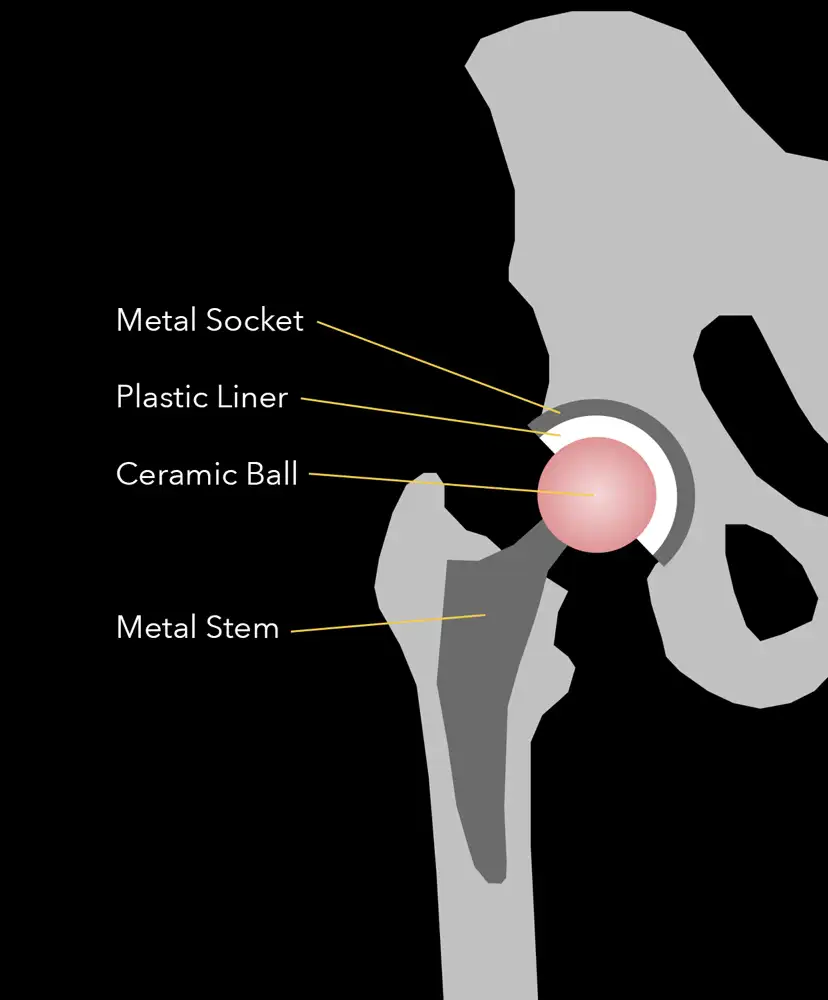
Anesthesia
Preventing pain during and after surgery is very important to our team. Unless you have a medical condition that will not allow it, you will most likely be given a regional and general anesthesia during your joint replacement.
Regional Anesthesia
Most joint replacement patients will have a spinal anesthesia during which a numbing medication is injected into the intrathecal space (spinal canal) surrounding the spinal cord immediately prior to surgery. This will make it so that you cannot feel the surgery allowing the anesthesiologist to give you less general anesthesia to keep you asleep during the surgery.
General Anesthesia
Many different methods and medications can be used for general anesthesia. You may receive these through the IV placed in your arm before surgery or through inhalation. During your procedure, a tube may be placed in your mouth and down your windpipe to assist your breathing and to deliver inhaled medication. As a result, your throat may be sore immediately upon waking up in the recovery room.
Patients are often concerned that they may awaken during surgery. Rest assured that our team of anesthesiologists will not allow this to happen. They also will make sure you are able to wake up at the proper time after your procedure. Our team will take every allowable measure to minimize the common side effects of anesthesia.
Questions About Anesthesia
Please call our office or ask questions during your pre-op clearance appointment if you have general questions or concerns about anesthesia. You will also have the opportunity to discuss your care with your anesthesiologist on the day of your surgery.

Pain Management
Pain management and your surgery
We strive to make sure our patients are able to effectively manage their pain. Your surgeon and anesthesiologist will discuss pain management strategies with you prior to surgery. It is important to discuss your current medications and doses as well as previous pain experiences so the doctors can best assist you.
During your surgery, your surgeon will inject the surgery site with a local anesthetic to dull the pain. This medicine will last for 8 to 24 hours after the surgery. You will be given oral and/or IV medication before the numbing effects wear off.
After a knee replacement, you might also have a nerve block with numbing medicine to a nerve in your leg that send pain signals to the brain. This will not affect your ability to stand up or walk, but will reduce pain.
The use of these and other techniques will be determined by your surgeon and anesthesiologist on a case-by-case basis.
After surgery
You will be given pain medications that you can request at any time, as soon as you begin to feel pain returning. If your relief is insufficient, other remedies may be added within safe dosing guidelines.
Visitors and activities, such as watching television, listening to music or relaxation tapes or reading, can help you feel better.
Moving around (repositioning, sitting up and doing exercises) will also help ease pain. Your visiting physical therapist can also help you choose strategies to manage pain well.
Contents Risks of Joint Replacement Planning Ahead